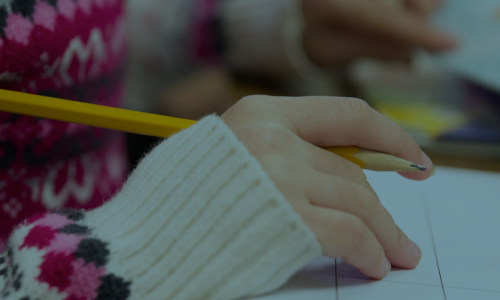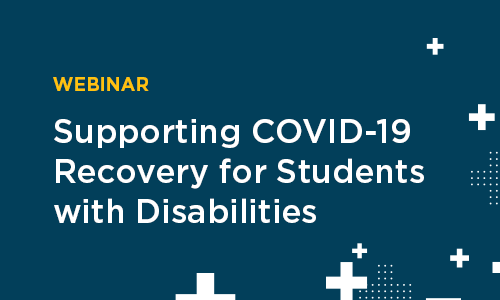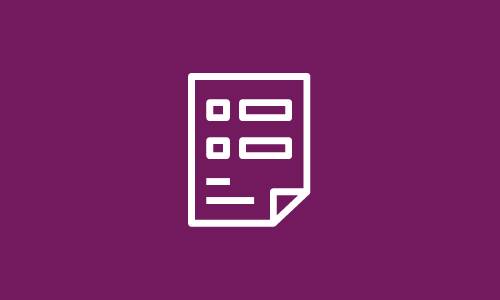Equity
It remains a critical challenge to ensure all children—regardless of race, ethnicity, gender, socio-economic status, and/or ability—have access to a high-quality education. We are at a pivotal time where communities and schools are navigating issues of equity, poverty, and opportunity gaps against a backdrop of shifting education policy. With access to exceptional data and a multi-disciplinary team of researchers and research partners, we are able to provide unique insight into these important issues.


Learning during COVID-19: Reading and math achievement in the 2020-2021 school year
To what extent did COVID-19 disruptions affect student achievement in 2020-2021, and which students have been most affected? New NWEA research aims to provide insight to inform leaders working to support recovery: using data from 5.5 million students in grades 3-8 who took MAP Growth assessments in reading and math, this brief examines how gains across the 2020-21 school year and student achievement in spring 2021 compare to pre-pandemic trends.
Topics: COVID-19 & schools, Equity


The purpose of this technical appendix is to share more detailed results and to describe more fully the sample and methods used in the research included in the brief, Learning during COVID-19: Reading and math achievement in the 2020-21 school year.
Two research questions were investigated in this brief:
1. How do gains across the 2020-21 school year compare to pre-pandemic trends?
2. How does student achievement in spring of 2021 compare to pre-pandemic levels?
Topics: COVID-19 & schools, Equity


The impact of disengaged test taking on a state’s accountability test results
This study investigated test-taking engagement on a large-scale state summative assessment. Overall, results of this study indicate that disengagement has a material impact on individual state summative test scores, though its impact on score aggregations may be relatively minor.
By: Steven Wise, Jonghwan (Jay) Lee, Sukkeun Im
Topics: Equity, Measurement & scaling, School & test engagement


In this webinar offered in partnership by the Alliance for Excellent Education, NWEA, the National Urban League, and Unidos US, learn about new NWEA research on academic trends of students during the past school year compared to a more typical school year, what these findings suggest about widening education inequality, recommendations for states and districts on how to use recent federal aid to transform education for historically underserved students, and the perspective a a district leader on what their district is doing to support students as they return to school.
By: Michael Conner, PhD, Beth Tarasawa, Deb Delisle, Janet Murguía, Chris Minnich, Marc Morial
Topics: Equity, COVID-19 & schools


Understanding the initial educational impacts of COVID-19 on communities of color
This report examines the academic impact of the COVID-19 pandemic on Black, Indigenous, and people of color (BIPOC) students, with the goal of documenting achievement trends to provide leaders and policymakers with evidence to guide action to address educational inequities for BIPOC students.
By: Megan Kuhfeld, Erik Ruzek, Karyn Lewis, James Soland, Angela Johnson, Beth Tarasawa, Lindsay Dworkin
Topics: Equity, COVID-19 & schools


In this webinar by the Alliance for Excellent Education, NWEA, and the National Center for Learning disabilities, learn about recent research on academic growth for students in special education before the pandemic and implications for policies and practices designed to spur COVID-19 recovery.
By: Elizabeth Barker, Angela Johnson, Meghan Whittaker, Esq., Michael K. Yudin, Phillip Lovell, Jeremy Boerner
Topics: Equity, COVID-19 & schools, Seasonal learning patterns & summer loss


How can we support academic growth for students with disabilities (SWD) who may have experienced disproportionate academic impacts from COVID-19?
By: Lindsay Dworkin, Katie Carroll
Topics: COVID-19 & schools, Equity


